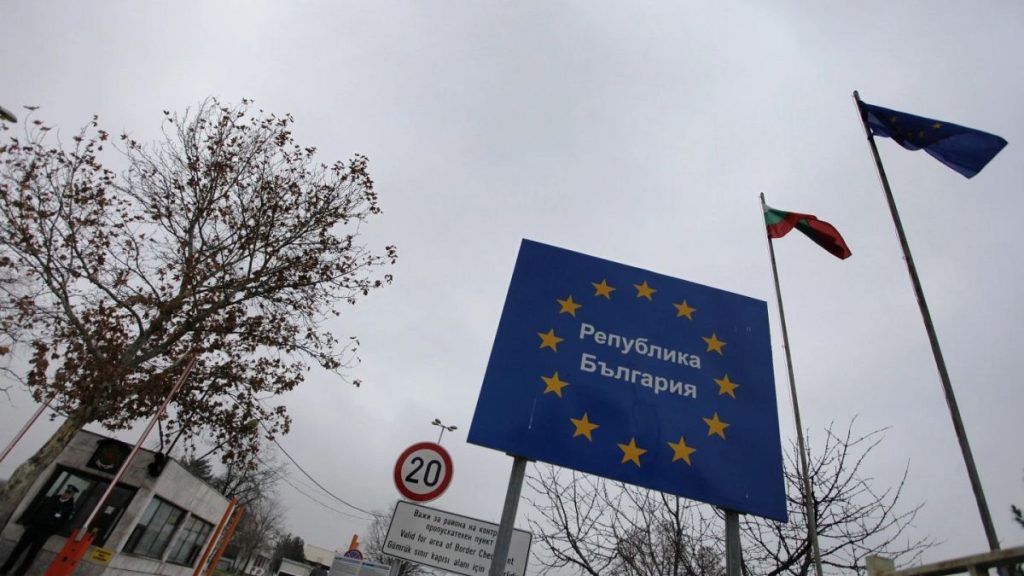The European Union’s decision on December 12, 2024, to lift internal land border controls with Romania and Bulgaria marks a significant milestone in the ongoing process of European integration. This landmark vote paves the way for both countries to fully join the Schengen Area on January 1, 2025, abolishing systematic border checks and ensuring the free movement of people and goods across their land borders with other Schengen member states. This move represents the culmination of a long and often challenging journey for Romania and Bulgaria, which began with the European Commission’s initial assessment of their readiness for accession in 2011. The elimination of border controls promises to streamline cross-border travel and trade, boosting economic activity and strengthening ties within the expanded Schengen Area.
The accession of Romania and Bulgaria to the Schengen Area brings to an end the cumbersome land border checks that have long plagued travelers and businesses. The lengthy queues at the 30 land border crossings between these two countries and their Schengen neighbors will soon become a relic of the past. This development holds particular significance for Romanians, who anticipate substantial time savings when traveling abroad by car, freeing them from the hours-long waits previously endured at border control points. The economic benefits of eliminating these bottlenecks are equally significant, particularly for the transport sector, where drivers often faced days-long delays at borders, leading to substantial financial losses and logistical challenges.
Beyond the immediate practical advantages, the inclusion of Romania and Bulgaria in the Schengen Area carries profound symbolic weight. It underscores the principles of open borders and free movement that lie at the heart of the European project, fostering a sense of shared identity and purpose among member states. This expansion of the Schengen Area is a testament to the enduring vision of a unified Europe where citizens can travel, work, and live without the constraints of internal borders. The integration of these two countries further reinforces the concept of a common European space, promoting cooperation and collaboration across a wider geographical area.
However, the path to Schengen membership for Romania and Bulgaria was not without its obstacles. In 2023, Austria blocked their accession, citing concerns over irregular migration, while the Netherlands also voiced reservations regarding Bulgaria’s readiness. These objections highlighted the complex political considerations that often accompany decisions related to border security and migration within the EU. The eventual overcoming of these hurdles speaks to the commitment of both Romania and Bulgaria to addressing these concerns and fulfilling the necessary criteria for Schengen membership.
The Schengen Area, encompassing 29 countries and nearly 450 million people, stands as one of the most tangible and impactful achievements of European integration. By removing internal border controls, the Schengen Agreement facilitates the free movement of people, goods, services, and capital, creating a single, integrated market within the EU. This seamless movement not only stimulates economic growth but also fosters greater cultural exchange and understanding among European citizens. The addition of Romania and Bulgaria further strengthens this vital aspect of the European project.
While systematic border checks will be discontinued, it’s important to note that random document checks will continue to be conducted for a period to ensure the maintenance of security and prevent cross-border crime. This measure aims to address any lingering concerns about potential security risks associated with the expansion of the Schengen Area. The transition to full Schengen membership will therefore be gradual, allowing for adjustments and ensuring the continued effectiveness of security measures within the newly expanded zone. The inclusion of Romania and Bulgaria in the Schengen Area marks a significant step forward for European integration, promising enhanced mobility, economic growth, and a strengthened sense of shared European identity.














